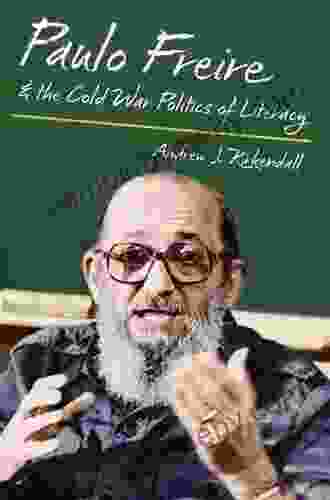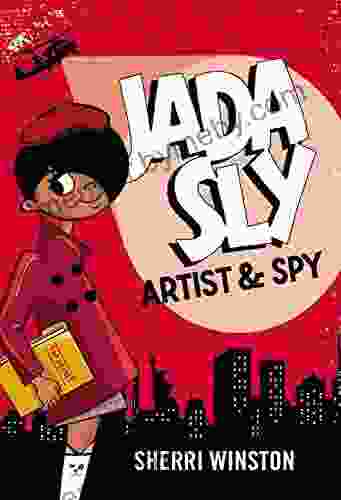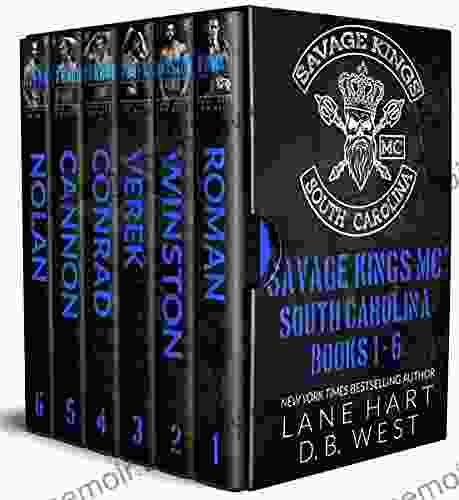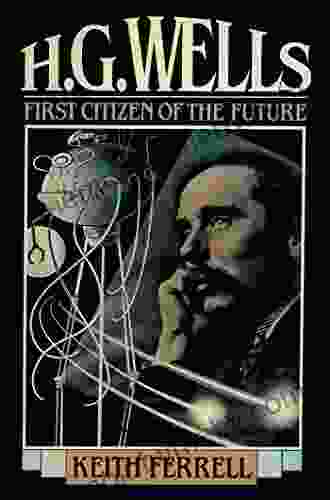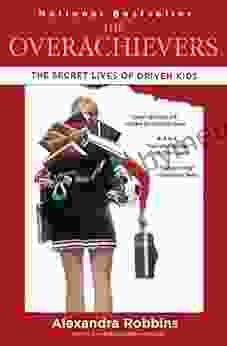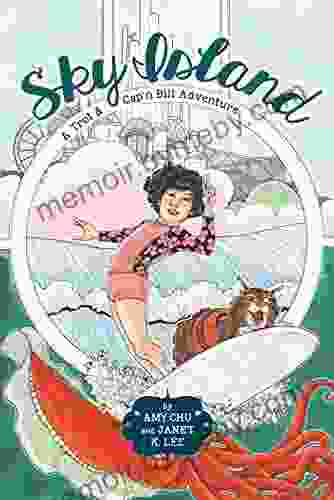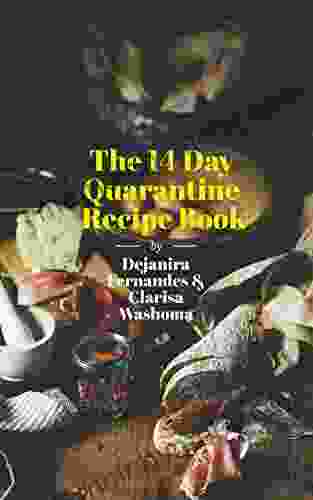Paulo Freire and the Cold War Politics of Literacy: Unveiling the Interplay of Power, Ideology, and Educational Reform

In the tumultuous and ideologically charged climate of the Cold War, literacy emerged as a battleground where competing political forces clashed, shaping the contours of education and social transformation worldwide.
4.1 out of 5
| Language | : | English |
| File size | : | 1725 KB |
| Text-to-Speech | : | Enabled |
| Screen Reader | : | Supported |
| Enhanced typesetting | : | Enabled |
| Word Wise | : | Enabled |
| Print length | : | 264 pages |
At the heart of this complex dynamic stood Paulo Freire, a visionary Brazilian educator whose radical approach to literacy sparked a global movement for critical pedagogy and liberation from oppression.
Paulo Freire: A Beacon of Critical Pedagogy
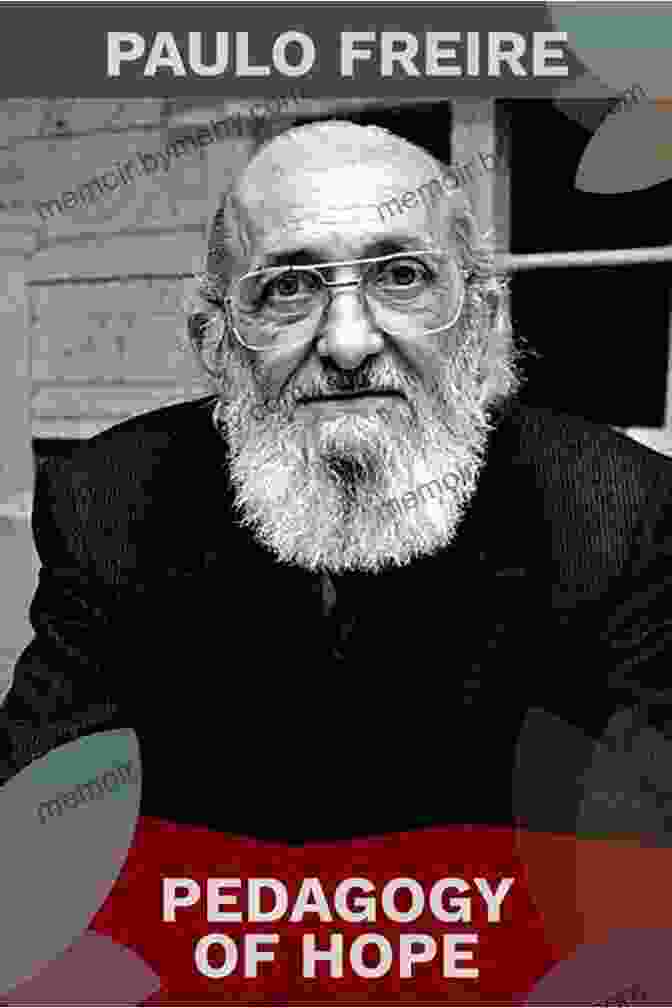
Born in 1921 in Recife, Brazil, Freire witnessed firsthand the devastating effects of poverty, illiteracy, and political inequality. These experiences ignited within him a profound belief in the transformative power of education.
Freire rejected traditional banking models of education, which he saw as perpetuating the status quo and silencing the voices of the marginalized. Instead, he advocated for a participatory approach that empowered learners by fostering critical thinking, dialogue, and social action.
The Cold War Context: A Polarized Landscape
The Cold War, a period of intense rivalry between the United States and the Soviet Union, cast its long shadow over the global literacy landscape.
The United States, seeking to counter Soviet influence in developing countries, promoted literacy programs that emphasized technical skills and economic development. These programs often ignored the social and political context of illiteracy, reinforcing existing power structures.
On the other hand, the Soviet Union and its allies promoted literacy campaigns as a means of spreading socialist ideology and undermining Western influence. These campaigns often focused on mass mobilization and indoctrination, with little regard for learner empowerment.
Freire's Literacy Crusade: A Third Way
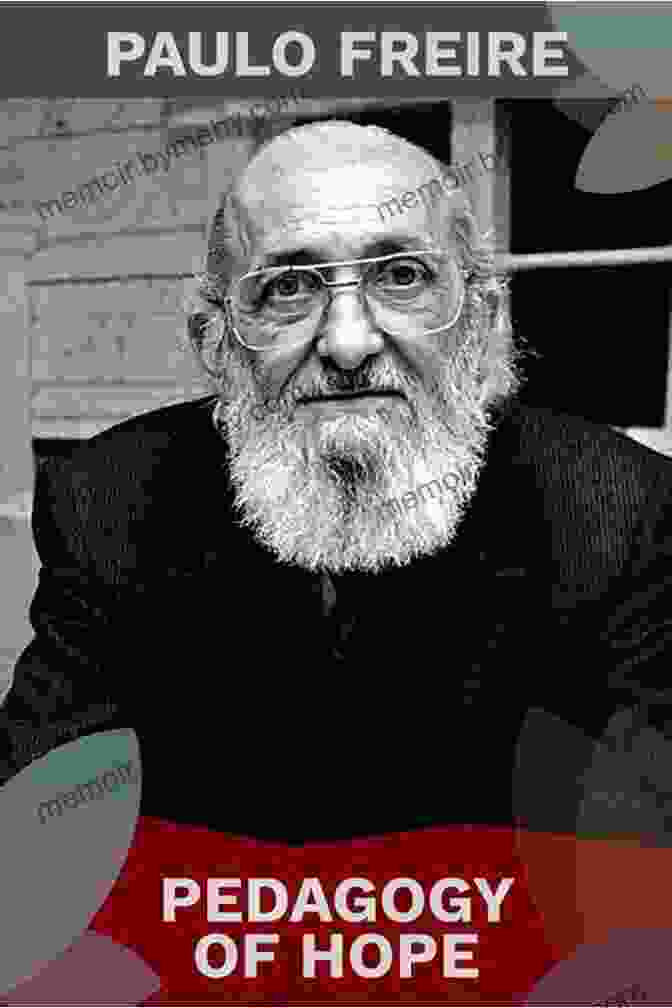
Freire's approach to literacy navigated this polarized landscape, offering a third way that transcended Cold War ideologies.
Drawing on his experiences with marginalized communities in Brazil, Freire developed literacy methods that emphasized:
- Dialogue and participation
- Critical reflection
- Social awareness
- Liberation from oppressive structures
Freire's work resonated deeply in the developing world, inspiring literacy movements that aimed to empower marginalized populations, promote social justice, and challenge neocolonialism.
The Impact of Dependency Theory and Liberation Theology
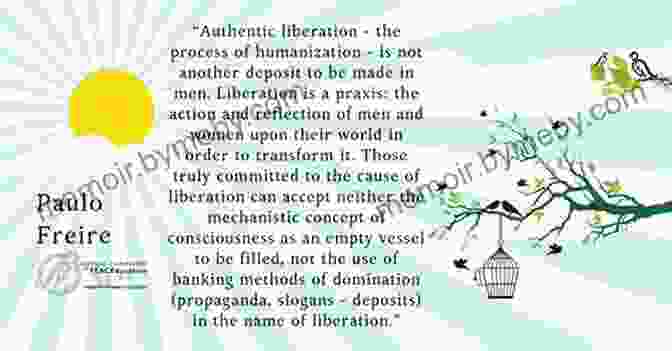
Freire's ideas emerged within the broader intellectual currents of Dependency Theory and Liberation Theology.
Dependency Theory, which emerged in the 1960s, challenged the traditional view of economic development as a linear progression from underdevelopment to prosperity. Instead, it argued that developing countries were locked in a cycle of dependency on industrialized nations, perpetuating poverty and inequality.
Liberation Theology, a movement rooted in Christian faith, emphasized the liberation of the oppressed and the creation of a more just and equitable world. It viewed literacy as a tool for empowering the poor and challenging oppressive structures.
Freire's work synthesized these perspectives, recognizing the interconnectedness of literacy, social justice, and political liberation.
Challenging the Status Quo: Contesting Literacy and Power
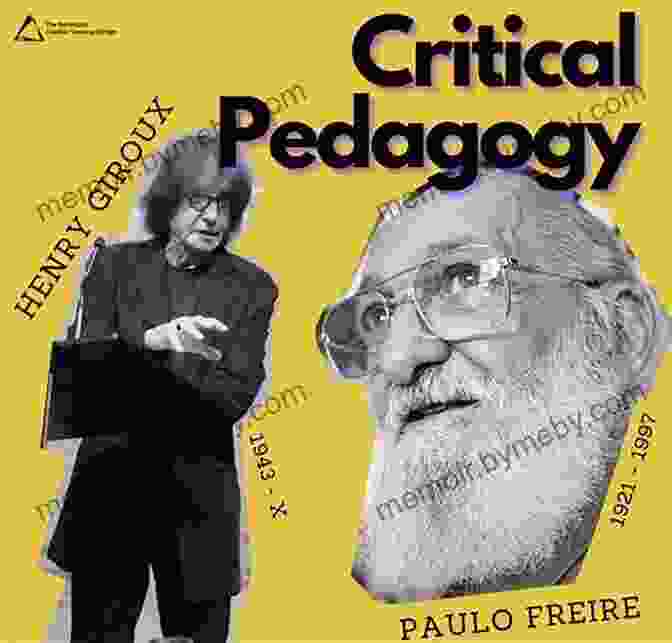
Freire's radical approach to literacy did not go unchallenged. Critics from both political extremes accused him of being too radical, too Marxist, or too idealistic.
Despite these criticisms, Freire's work continued to inspire educators and activists around the world. His emphasis on empowerment, critical thinking, and social transformation left an enduring legacy in the field of education.
Paulo Freire's Legacy: A Lasting Impact
Today, Paulo Freire's ideas continue to shape the way we think about literacy and education. His critical pedagogy has become a foundational pillar of transformative education, empowering learners to question injustices, embrace diversity, and work towards a more just and equitable world.
Freire's legacy is a testament to the transformative power of education, its capacity to ignite critical consciousness, and its role in the fight against oppression. His work remains a beacon of hope for those who believe in the power of knowledge and the potential of all human beings to shape their own destiny.
Paulo Freire's work stands as a testament to the intricate interplay of power, ideology, and educational reform. His radical approach to literacy, rooted in the Cold War's political landscape, transcended ideological boundaries to inspire a global movement for critical pedagogy and liberation from oppression.
Freire's legacy is a reminder that education is not a neutral enterprise but a powerful tool that can be wielded for both good and ill. It is up to us to use this tool wisely, to empower the marginalized, challenge injustices, and create a more just and equitable world for all.
4.1 out of 5
| Language | : | English |
| File size | : | 1725 KB |
| Text-to-Speech | : | Enabled |
| Screen Reader | : | Supported |
| Enhanced typesetting | : | Enabled |
| Word Wise | : | Enabled |
| Print length | : | 264 pages |
Do you want to contribute by writing guest posts on this blog?
Please contact us and send us a resume of previous articles that you have written.
 Book
Book Novel
Novel Page
Page Chapter
Chapter Text
Text Story
Story Genre
Genre Reader
Reader Library
Library Paperback
Paperback E-book
E-book Magazine
Magazine Newspaper
Newspaper Paragraph
Paragraph Sentence
Sentence Bookmark
Bookmark Shelf
Shelf Glossary
Glossary Bibliography
Bibliography Foreword
Foreword Preface
Preface Synopsis
Synopsis Annotation
Annotation Footnote
Footnote Manuscript
Manuscript Scroll
Scroll Codex
Codex Tome
Tome Bestseller
Bestseller Classics
Classics Library card
Library card Narrative
Narrative Biography
Biography Autobiography
Autobiography Memoir
Memoir Reference
Reference Encyclopedia
Encyclopedia Alice Schertle
Alice Schertle Clay Scroggins
Clay Scroggins Alexandria House
Alexandria House Amanda Seales
Amanda Seales Patricia Aman
Patricia Aman Aminder Dhaliwal
Aminder Dhaliwal Alice Schroeder
Alice Schroeder Jill Gilbert Welytok
Jill Gilbert Welytok Alex Trenoweth
Alex Trenoweth Amy Ellis Nutt
Amy Ellis Nutt Stephanie Izard
Stephanie Izard Amy B Zegart
Amy B Zegart Steve Coll
Steve Coll Lauren Wood
Lauren Wood Ally Hilfiger
Ally Hilfiger Alicia Ranoldo
Alicia Ranoldo Bill Ward
Bill Ward Jan De Volder
Jan De Volder Markes E Johnson
Markes E Johnson Hideo Kojima
Hideo Kojima
Light bulbAdvertise smarter! Our strategic ad space ensures maximum exposure. Reserve your spot today!
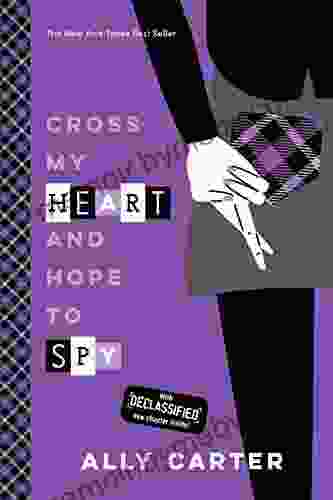
 Desmond FosterUnveiling the Intriguing World of Gallagher Girls: A Spy-Filled Adventure...
Desmond FosterUnveiling the Intriguing World of Gallagher Girls: A Spy-Filled Adventure... George Bernard ShawFollow ·2.1k
George Bernard ShawFollow ·2.1k Art MitchellFollow ·15.5k
Art MitchellFollow ·15.5k Craig CarterFollow ·13.3k
Craig CarterFollow ·13.3k Ezekiel CoxFollow ·12k
Ezekiel CoxFollow ·12k Walt WhitmanFollow ·18k
Walt WhitmanFollow ·18k Dustin RichardsonFollow ·14.8k
Dustin RichardsonFollow ·14.8k Max TurnerFollow ·16.7k
Max TurnerFollow ·16.7k Austin FordFollow ·2.3k
Austin FordFollow ·2.3k
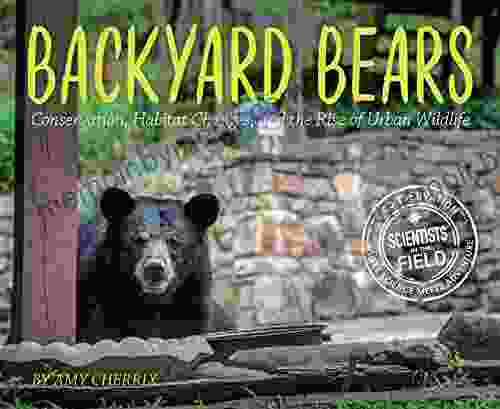
 Robert Reed
Robert ReedConservation Habitat Changes And The Rise Of Urban...
As urban areas continue to expand, wildlife...

 W. Somerset Maugham
W. Somerset MaughamRide the Waves: The Ultimate Guide to Surfing Indonesia...
Are you ready to embark on an unforgettable...
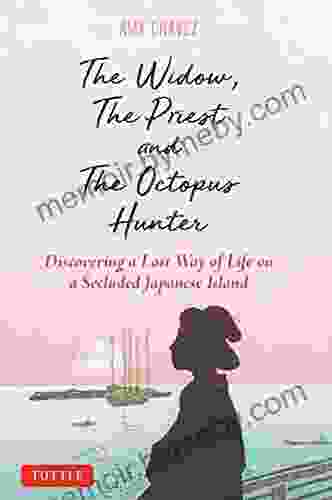
 Arthur Conan Doyle
Arthur Conan DoyleThe Widow, the Priest, and the Octopus Hunter: A Literary...
Prologue: A Tapestry...
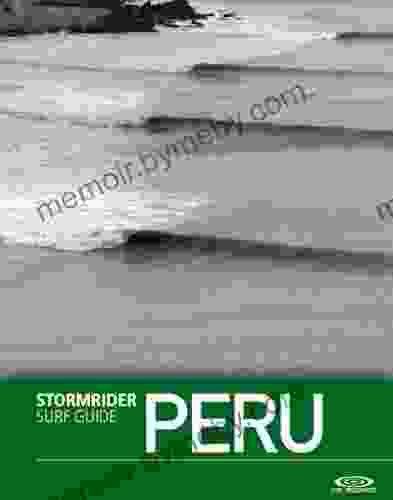
 Fernando Bell
Fernando BellRide the Waves of Adventure: The Ultimate Guide to...
Unveiling the Surfing Paradise of Peru For...
4.1 out of 5
| Language | : | English |
| File size | : | 1725 KB |
| Text-to-Speech | : | Enabled |
| Screen Reader | : | Supported |
| Enhanced typesetting | : | Enabled |
| Word Wise | : | Enabled |
| Print length | : | 264 pages |


